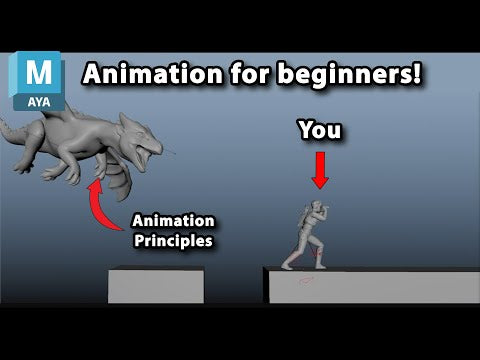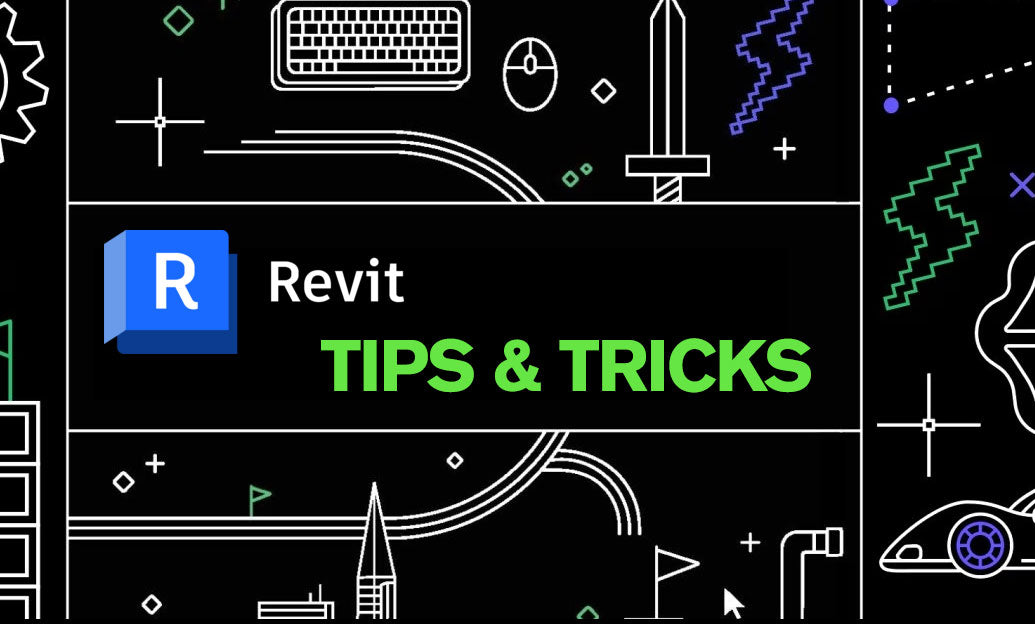Your Cart is Empty
Architectural visualization has become an indispensable part of modern architecture and design, providing a vivid glimpse into the future of physical spaces. Among the tools available to professionals, V-Ray stands out as a leading software in rendering and visualization, offering unparalleled realism and efficiency in bringing architectural concepts to life.
Real-time Rendering with V-Ray Vision
Real-time rendering is transforming the design process, enabling architects and designers to see their work come to life as they make changes. V-Ray Vision pushes the envelope by providing real-time rendering capabilities that allow for immediate feedback and iterative design. This feature is especially beneficial in client presentations, collaborative design sessions, and quickly evaluating different design scenarios.
- Interactive design development
- Immediate visual feedback
- Enhanced client presentations
Light Gen for Automatic Lighting Setups
One of the most challenging aspects of architectural visualization is setting up the right lighting. Light Gen revolutionizes this process by automatically generating multiple lighting options for a scene. This not only saves time but also significantly enhances the realism and mood of renders with minimal effort from the designer.
V-Ray Cosmos for Instant Access to Smart 3D Content
V-Ray Cosmos is designed to provide architects and designers with instant access to a vast library of high-quality, ready-to-render 3D assets. This eliminates the time-consuming process of creating models from scratch or searching for suitable assets online, thereby streamlining the workflow and contributing to more detailed and lively visualizations.
Powerful GPU Rendering Capabilities
Rendering has traditionally been a CPU-intensive process, but V-Ray’s advanced GPU rendering capabilities change this dynamic. Leveraging the power of modern GPUs, V-Ray significantly reduces rendering times, allowing for more complex and detailed visualizations without the wait. This feature is a game-changer for time-sensitive projects and high-resolution rendering tasks.
Advanced Material Editor for Realistic Textures
The realism of architectural visualization greatly depends on the quality of materials and textures. V-Ray’s Advanced Material Editor provides an extensive range of options and controls to achieve incredibly lifelike materials, enhancing the overall quality of architectural renders. This tool allows designers to accurately simulate real-world materials, adding depth and realism to their visualizations.
Conclusion
In the realm of architectural visualization, V-Ray emerges as a powerful ally, providing architects and designers with features that significantly enhance workflow, productivity, and creativity. The combination of real-time rendering, automatic lighting setups, instant access to 3D content, powerful GPU rendering, and realistic textures makes V-Ray an indispensable tool in the creation of stunning, lifelike architectural visualizations. As technology continues to evolve, so too will the capabilities of V-Ray, further revolutionizing the field of architectural design.







